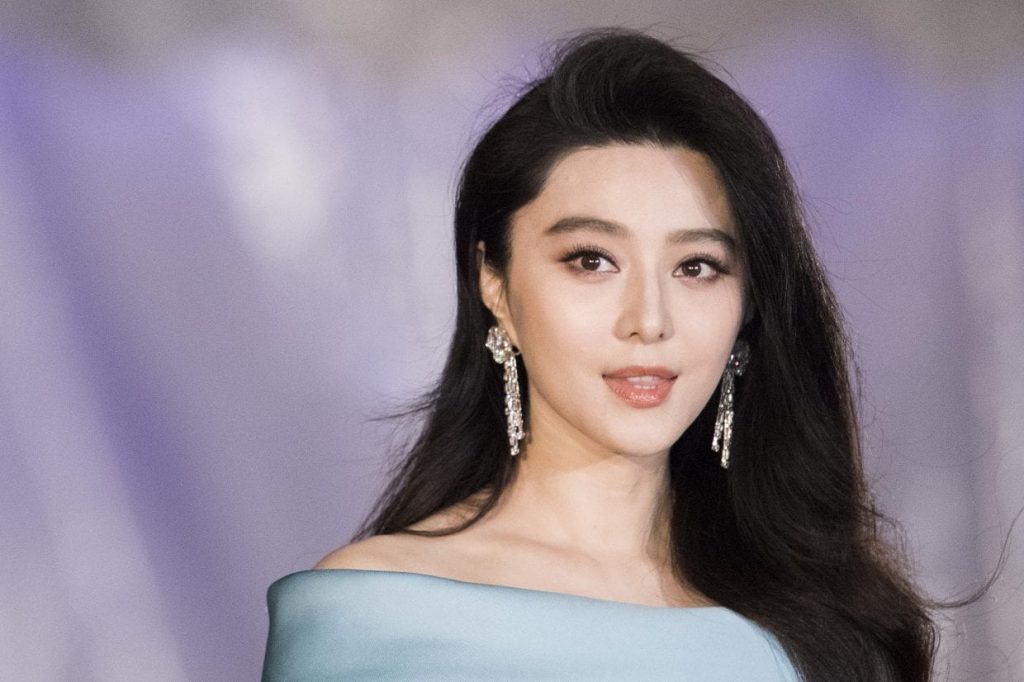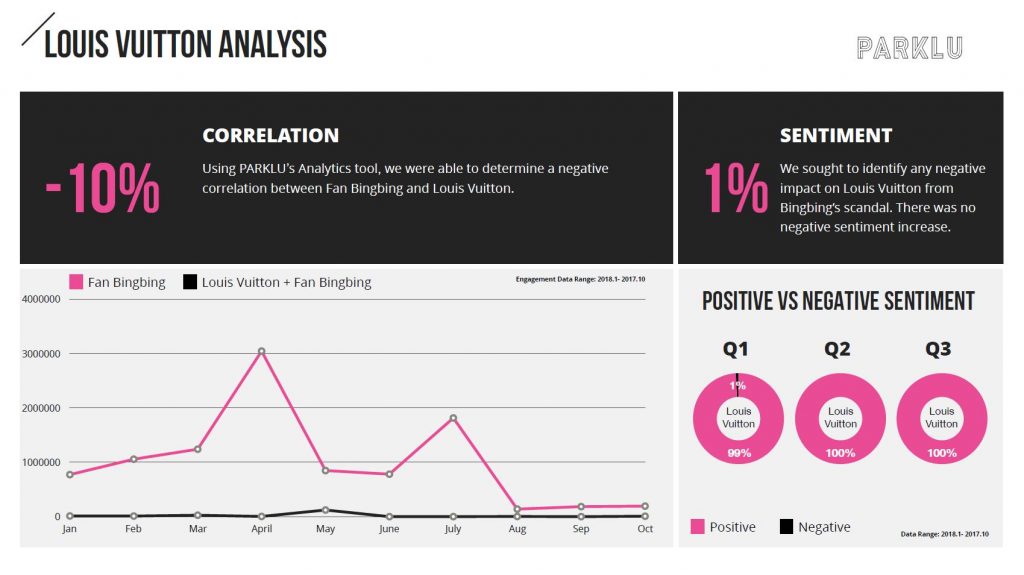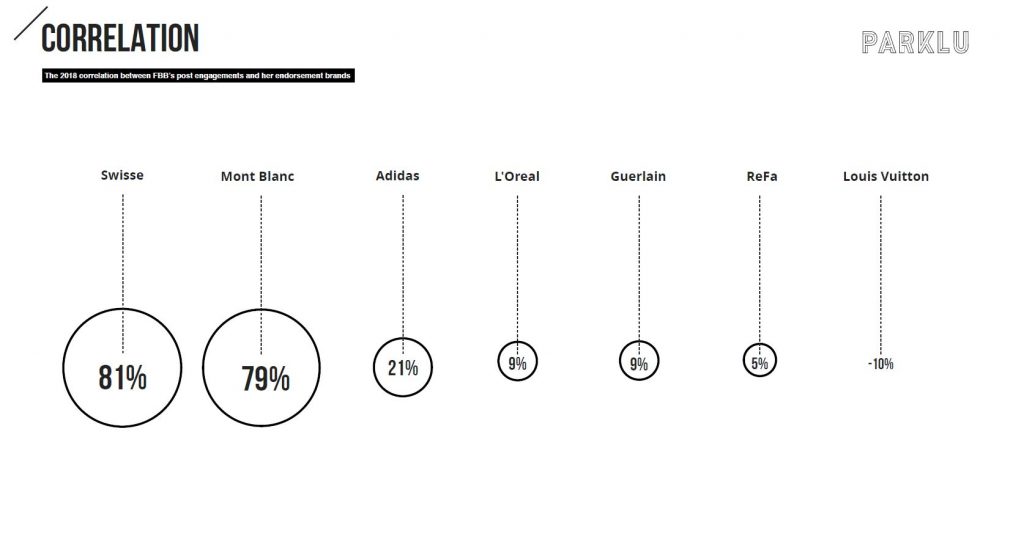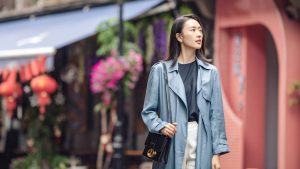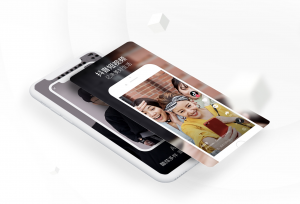Chinese actress Fan Bingbing’s tax scandal has come to an end following her official apology, released on Weibo, in October. The issue was nerve-wracking for many luxury brands, including Louis Vuitton, Montblanc, and Guerlain, as they risked public backlash due to their close relationships with the superstar and brand ambassador Fan.
As the dust settles, it is time to revisit how much impact Fan’s scandal has had on the brands that she endorsed. A new report by the Hong Kong-based data firm ParkLu, based on their database and analysis, offered a glimpse of it. Its analysis aims to understand Fan’s changing image among influencers following the scandal as well as the consequences it might have for brands.
Starting in May, Chinese celebrity host and Weibo influencer Cui Yongyuan (“崔永元”) accused Fan of tax evasion. The accusation drew public attention and sparked heated discussions. Around July, a rumor that the Chinese government had detained Fan for investigation surfaced as she had been absent from public view for over two months. Speculation on her whereabouts continued until she apologized on Weibo after the government confirmed she was convicted of tax evasion.
Taking Fan’s long-lasting luxury partner Louis Vuitton as an example, her scandal did not appear to have much of a negative impact on the brand (shown in the sentiment analysis above). In addition, looking at the correlation between Fan Bingbing and Louis Vuitton’s social media relevance (shown in the correlation analysis above) this year, there didn’t appear to be an impact.
“Louis Vuitton and Fan Bingbing had a negative correction, meaning that when Fan Bingbing was creating buzz on social media, Louis Vuitton was not, and the inverse,” said Elijah Whaley, chief marketing officer of ParkLu.
“In practical terms, Fan Bingbing generated no conclusive buzz among KOLs (key opinion leaders) for Louis Vuitton. This is likely to do with Louis Vuitton’s popularity with KOLs and that Fan Bingbing as an ambassador for the brand was not surprising or interesting to the KOL community.”
On the other hand, Fan was highly effective in raising awareness of Australian brand Swisse among the Chinese KOL community. But sentiment among Chinese KOLs toward the brand decreased after Fan was accused of tax evasion. That negative sentiment was despite Swisse dropping Fan as brand ambassador in mid-September.
In addition, the report offered a general correlation analysis between Fan and other luxury and fashion brands she worked with. Montblanc, which named her as the brand ambassador in April 2018, was highly reliant on her to create social media buzz, as shown in the chart above, followed by Adidas, L’Oreal, Guerlain and ReFa.
However, Fan was super expensive, the report noted. Over the past two years, she received a total of $290 million (RMB 2 billion) in sponsorship fees, with the highest single sponsorship fee being RMB 28 million.
Were costs of Fan being worth the contributions she has made for luxury brands and risks she brought? The report seems to be positive on it. “Fan Bingbing’s celebrity status and ability to sell is irrefutable,” it stated. Before, it was even common for brands to increase prices before her promotion as they knew Fan had the ability to sell out products.
Going forward, will Fan Bingbing return to the market and continue to hold such huge sales conversion power for luxury brands? The report did not answer, but it does say there was actually a missed opportunity for some of her sponsored brands to stick by her and her fans during hard times. And Fan Bingbing is still loved in China, the report claims.
–This article first appeared on Jing Daily.


